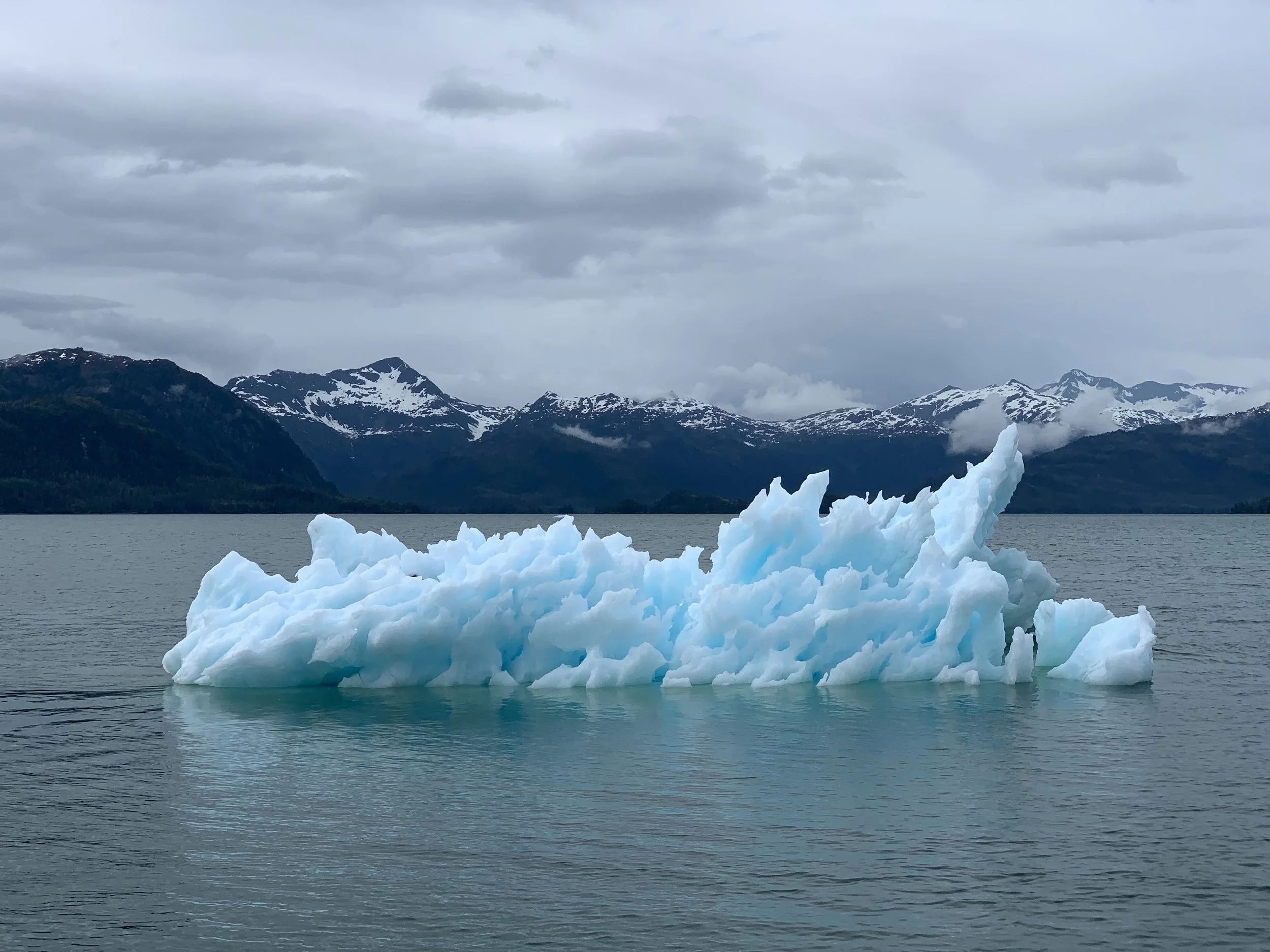
What is climate change?
What is climate change?
Climate change is the long-term transformation of the Earth's temperatures and weather patterns. Global temperatures and sea levels are rising, extreme weather events are becoming more common, and ecosystems are being destroyed. Although some climate changes can be naturally occurring, human activity following the Industrial Revolution has been the main reason the planet's climate is changing.
What causes climate change?
Climate change is primarily caused by global warming due to human activity. Burning fossil fuels such as coal, petroleum, and natural gasses releases carbon dioxide, nitrous oxide, and methane into the atmosphere that warm the planet by trapping heat. Driving unsustainable vehicles burns fuel and releases greenhouse gasses into the atmosphere. Deforestation releases carbon stored by trees and other plants. Agricultural practices, such as cattle ranching, contribute to global warming by releasing methane into the atmosphere. Factories pollute the atmosphere by burning fossil fuels and releasing other toxic emissions.
How is climate change affecting the snowpack?
Warmer temperatures caused by climate change mean less days with below-freezing temperatures, decreased snowpack and shorter snow seasons. It could also mean more low-to-no snow winters and the snow line rising to higher elevations.
These changes to the snowpack pose a much greater threat than lost recreation. It’s a matter of life or death for the people, wildlife, and diverse ecosystems that depend on the rivers, lakes, and reservoirs that are replenished by the snowpack.
The snowmelt provides water in hot and drier months when demand for water is high. Higher temperatures can cause the snow to melt earlier in the year, which can result in water scarcity when demand peaks. Climate change also contributes to increased wildfires, which destroy the forest canopy that helps keep snow cold and causes snow to melt faster.
How does climate change impact skiing?
Changes to the snowpack mean a shorter skiing season, increasingly limited to the heart of winter at the highest elevations. Skiing, snowboarding, and other winter recreation may become more difficult and even dangerous as snow conditions and terrain change, and weather becomes more unpredictable and extreme. Skiing will become more expensive and less accessible. The climate crisis also threatens ski industry jobs and mountain communities that depend on ski tourism.
Without effective mitigation measures to reduce the impact of humans on our environment, the consequences of climate change will only become more intense, and the ecological, economical, and sociological impacts more dire.